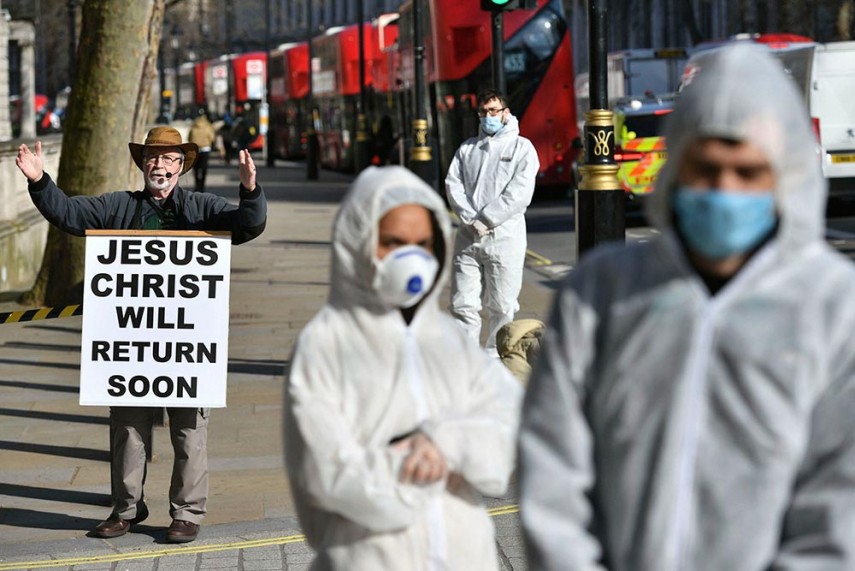
Coronavirus deaths in US could top 1,00,000: Top health expert
The US government’s foremost infection disease expert on Sunday (March 29) said the country could experience more than 100,000 deaths and millions of infections from the coronavirus pandemic.

The US government’s foremost infection disease expert on Sunday (March 29) said the country could experience more than 100,000 deaths and millions of infections from the coronavirus pandemic.
While speaking on CNN’s State of the Union, Dr. Anthony Fauci, offered his prognosis as the federal government weighs rolling back guidelines on social distancing in areas that have not been as hard-hit by the outbreak at the conclusion of the nationwide 15-day effort to slow the spread of the virus.
“I would say between 100,000 and 200,000 cases,” he said, correcting himself to say he meant deaths.
“We’re going to have millions of cases. But I don’t want to be held to that because the pandemic is such a moving target,” he added.
Related news: Trump decides against quarantine for New York region
About 125,000 cases of COVID-19 in the US had been recorded as of Sunday morning, with over 2,100 dead. It is certain that many more have the disease but their cases have not been reported.
Dr Deborah Birx, head of the White House coronavirus task force, in NBC’s Meet the Press said, “Parts of the country with few cases so far must prepare for what’s to come. No state, no metro area, will be spared.”
Most people who contract COVID-19 have mild or moderate symptoms, which can include fever and cough but also milder cases of pneumonia, sometimes requiring hospitalisation.
The risk of death is greater for older adults and people with other health problems. Hospitals in the most afflicted areas are straining to handle patients and some are short of critical supplies.
(With inputs from agencies)

